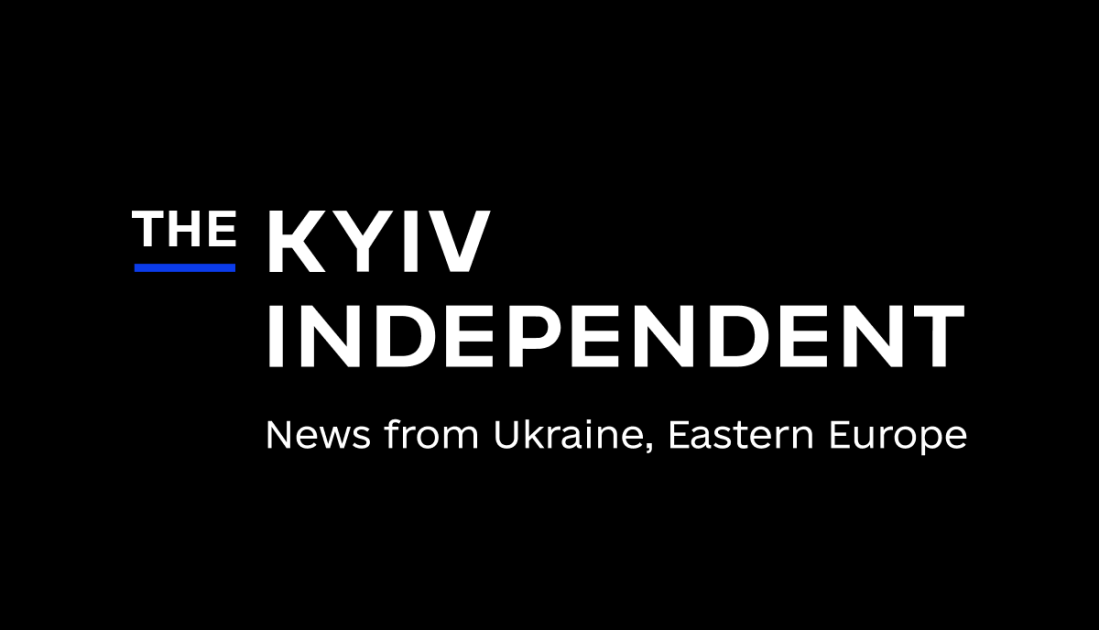Could 40% of all website owners have to make a decision...?
As of 1st November 2024, a high-stakes feud within the #WordPress community has sparked widespread concern among website owners and developers globally. The ongoing clash between Automattic—the company behind WordPress.com—and WP Engine, a major managed WordPress hosting provider, has raised questions about governance, control, and the future of the open-source ecosystem. This dispute could significantly impact millions of website owners who rely on WordPress for their online presence, with potential changes to hosting, plugins, and even the platform itself.
Background of the Dispute
The conflict centres around apparent improper use of the WordPress trademark (Search Engine Journal, 2024).
In response, WP Engine issued a cease-and-desist letter, accusing Mullenweg of defamation and extortion and subsequently filed a lawsuit against Automattic, citing abuse of power and trademark infringement (The Verge, 2024).
Why in this all important?
WordPress currently powers around 40% of all #websites, making it the world’s most popular content management system (CMS) (Search Engine Journal, 2024). Automattic, founded by Mullenweg in 2005, has grown significantly, with an estimated annual revenue of $1 billion (FT, 2024).
The dispute between Automattic and WP Engine could create fragmentation within the WordPress community, leading to a less cohesive ecosystem. This rift has already raised concerns about control over open-source projects, as WordPress.org (the open-source platform) operates separately from WordPress.com but is still heavily influenced by Automattic’s leadership.
Key potential impacts for website owners...
...Plugin and Theme Compatibility: The conflict could lead to plugin or theme providers taking sides, potentially resulting in incompatibilities across hosting providers.
Price Increases: With added legal costs and potential shifts in hosting providers, both Automattic and WP Engine may pass on expenses to users through price increases.
Open-Source Fragmentation: If plugin and theme developers choose to align with specific providers, it may weaken the collaborative ethos that has fueled WordPress's success.
Options for Website Owners
Website owners dependent on WordPress face several choices moving forward. They need to monitor Developments Closely and seriously consider alternative platforms.
Platforms like Squarespace, Wix, or Shopify offer CMS options that come with dedicated support and fewer governance issues.
As this drama unfolds, WordPress users globally should prepare for potential shifts in the ecosystem. The outcome could redefine #how millions of sites are managed, pushing website owners to adapt to a potentially divided " #internet".
Do you use a worpress site? Will you be affected?












